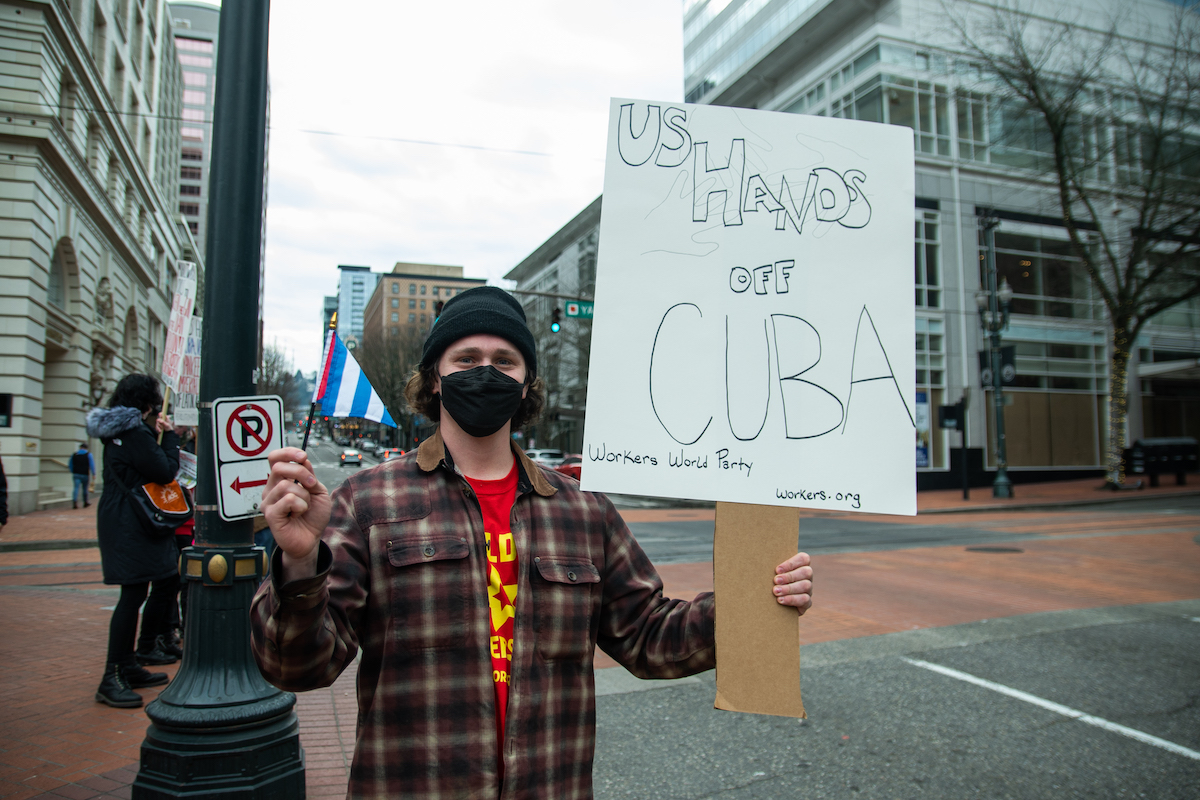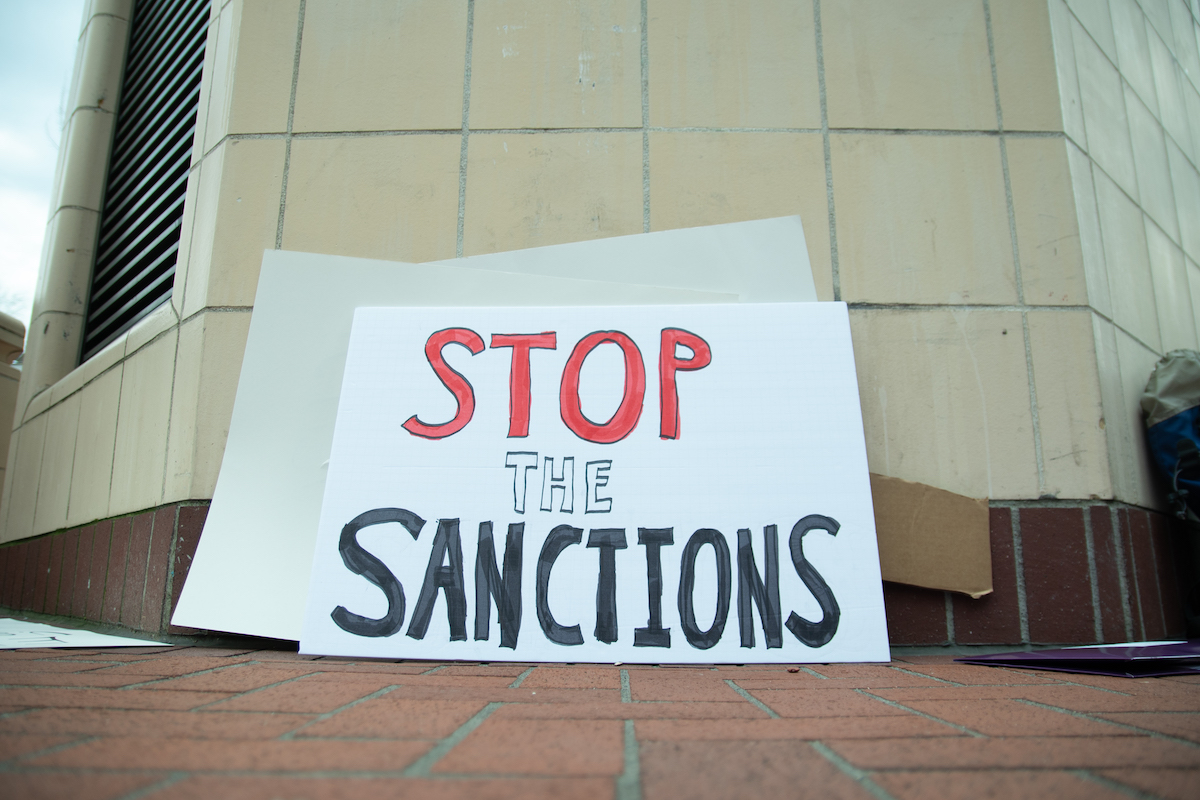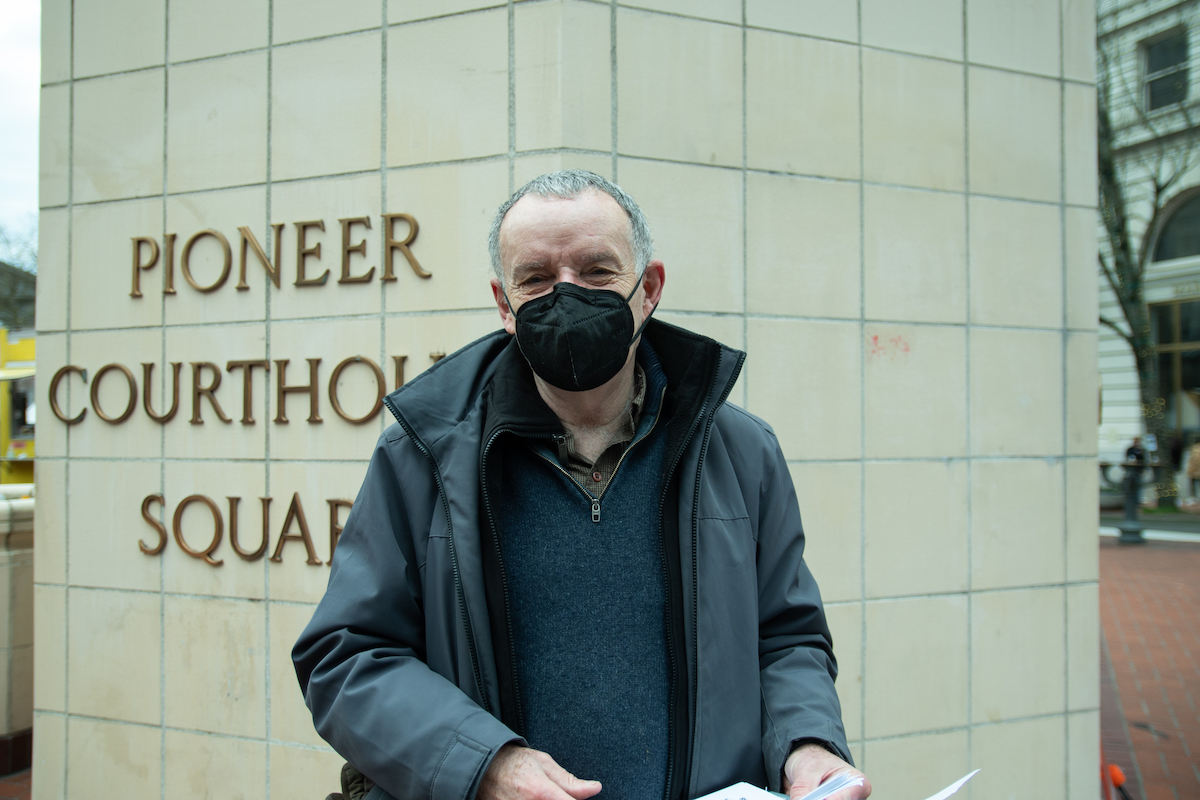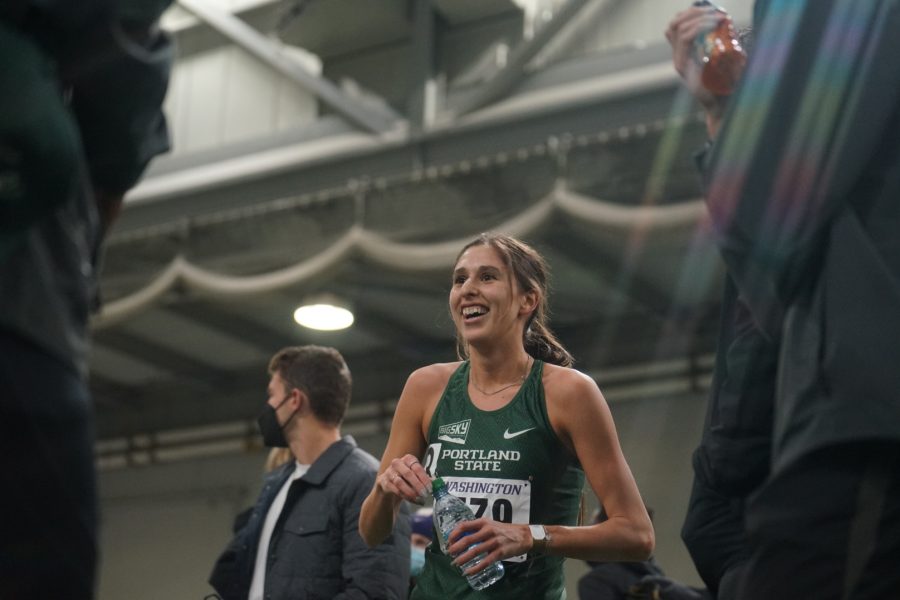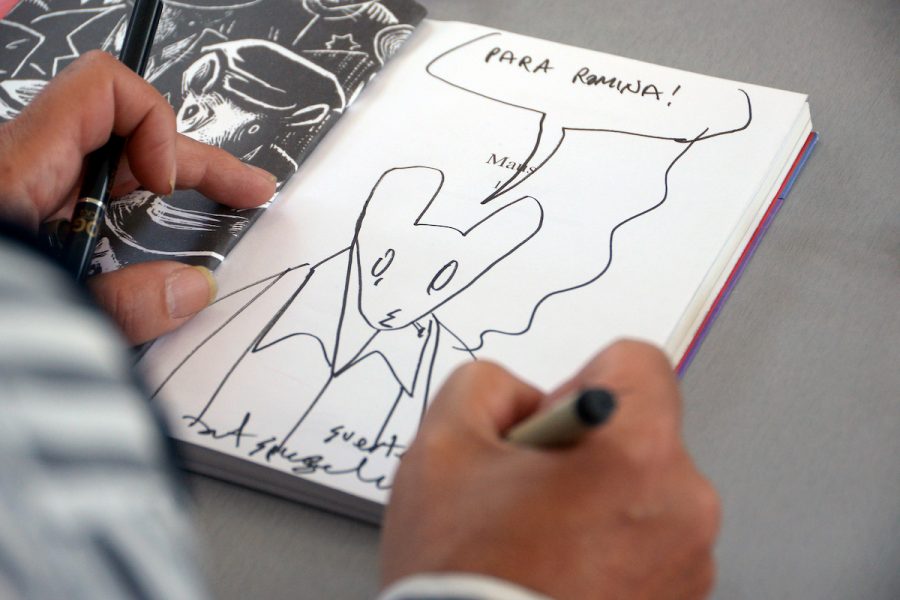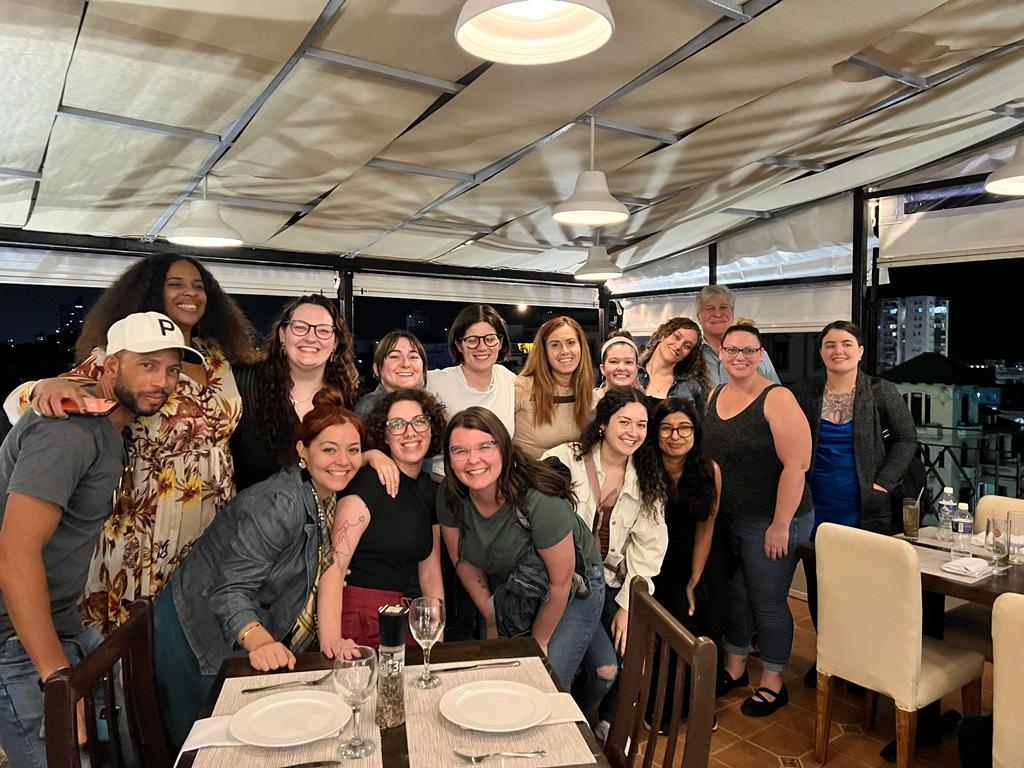For 60 years, the United States has enacted and enforced a massive embargo on Cuba, essentially cutting the island off from all and any outside resources. The country’s docks are typically empty, with cruise ships, cultural exchanges and educational delegations banned by the United States.
All remittances are banned from Cuban firms, essentially barring separated families from sending each other monetary assistance that many families rely or depend on. The country faces a massive medical equipment and medicine shortage during a world-wrecking pandemic, due to the U.S. forbidding any export of medical technology with U.S. components.
Cubans are not allowed to use Zoom, Skype or Microsoft Teams to communicate with the outside world due to restrictions on internet access as well. Every single aspect of life on Cuba has been radically changed and affected, and is still felt today by the U.S. blockade on the island.
In July 2020, a Cuban-American Bothell teacher, Carlos Lazo, biked from Seattle, Washington to Washington, D.C. with his two sons for recognition and attention from then-U.S. President Donald Trump to end the blockade, protesting the sanctions placed on the island. Lazo created a petition signed by 20,000 people which asked Trump to lift some sanctions, allowing food, medications and other resources to enter Cuba during the pandemic. Lazo also met with several Congress members to discuss these goals, as he said he hoped to bring together his country of origin and the country in which he lives.
Vanguard spoke with End the Cuban Blockade advocate and event organizer John Waller on Sunday, Jan. 30 at the site of Portland’s first End the Cuban blockade rally.
“For 60 years, the United States government has been mounting a Draconian economic blockade against Cuba,” Waller said.
Waller said that all the efforts by the U.S. government to stop other countries from trading with Cuba, including stopping payments from world banks coming into Cuba, was to “starve the Cuban people into submission” and make them rise up against their government.
According to Waller, protests by Cuban Americans began nearly two years ago, from Florida to Seattle. Waller is also the organizer for the annual Pastors for Peace Caravan to Cuba. Danny O’Brien, another event organizer, shared that many global organizations express their support for Cuba, including worker’s parties, socialist parties and women’s groups across the world.
A protest has been held on every last Sunday of the month across at least 20 U.S. cities and several cities in Canada and Europe. The rally held at Pioneer Square on the corner of SW Broadway and SW Yamhill St on Jan. 30 was the first one held in Portland.
Waller listed the immediate demands of the protests to include allowing Cuban Americans to send money to their families, allowing normal travel to Cuba and allowing food and medicine to enter Cuba from the U.S.
President Joe Biden faces harsh criticism for failing to take any action towards the blockade after using his promise of ending the blockade fully to bolster his campaign journey for presidency.
“Biden, as a candidate, said he was going to change the policies, to some degree,” Waller said. “As a president, he’s done nothing, he’s actually carried on with every single one of Trump’s policies.”
In 2021, Senator Jon Wyden from Portland, Oregon introduced a bill to completely eradicate the Cuban blockade.
“Our nation’s embargo on Cuba is an artifact from the 1960s,” said Wyden to the Senate on Feb. 4, 2021. “To continue this outdated, harmful policy of isolation would be a failure of American leadership.”
One year later, at the first End the Cuban blockade protest in Portland, Waller said that he has noticed the bill has few sponsors thus far, as he believes the Democratic Party is more concerned with voting rights and job issues. 114 members of the House, including the two Portland representatives, sent a letter to Biden requesting to fulfill the demands of the Cuban protestors, and have been met with no response.
The Portland End the Cuban Blockade Committee intends to hold a rally in different places in Portland on the last Sunday of every month, and encourages more people to learn about the issues at hand by engaging and participating in the protests.
Editor’s Note: One of the organizers mentioned in this article was formerly an editor for Portland State Vanguard.

